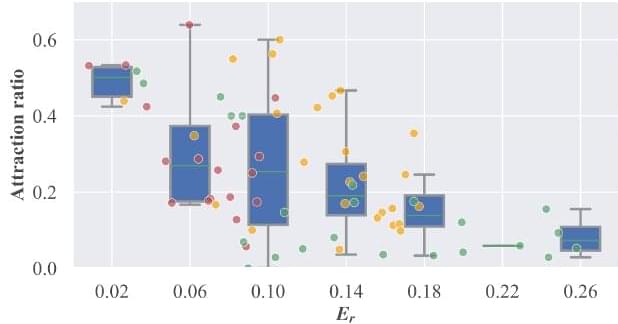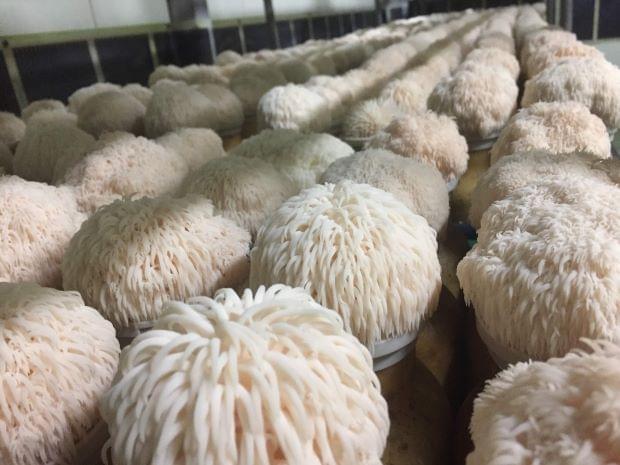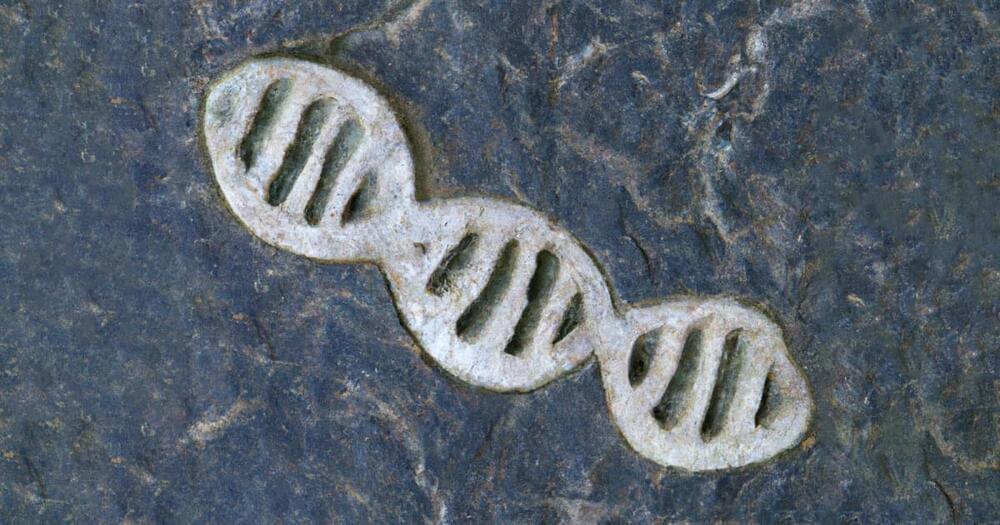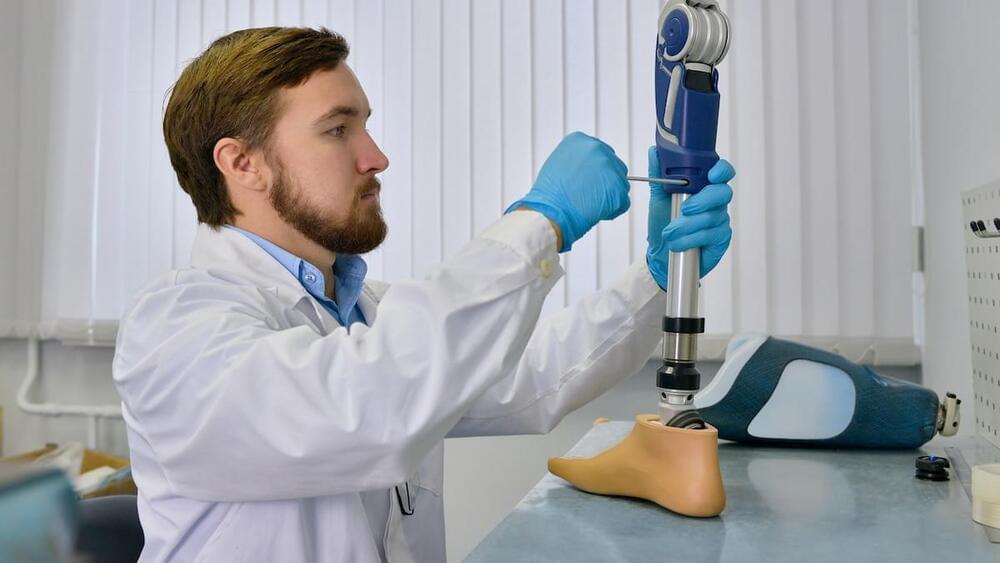
In recent decades, engineers have created a wide range of robotic systems inspired by animals, including four legged robots, as well as systems inspired by snakes, insects, squid and fish. Studies exploring the interactions between these robots and their biological counterparts, however, as still relatively rare.
Researchers at Peking University and China Agricultural University recently set out to explore what happens when live fish are placed in the same environment as a robotic fish. Their findings, published in Bioinspiration & Biomimetics, could both inform the development of fish-inspired robots and shed some new light on the behavior of real fish.
“Our research team has been focusing on the development of self-propelled robotic fish for a considerable amount of time,” Dr. Junzhi Yu, one of the researchers who carried out the study, told Tech Xplore. “During our field experiments, we observed an exciting phenomenon where live fish were observed following the swimming robotic fish. We are eager to further explore the underlying principles behind this phenomenon and gain a deeper understanding of this ‘fish following’ behavior.”


















